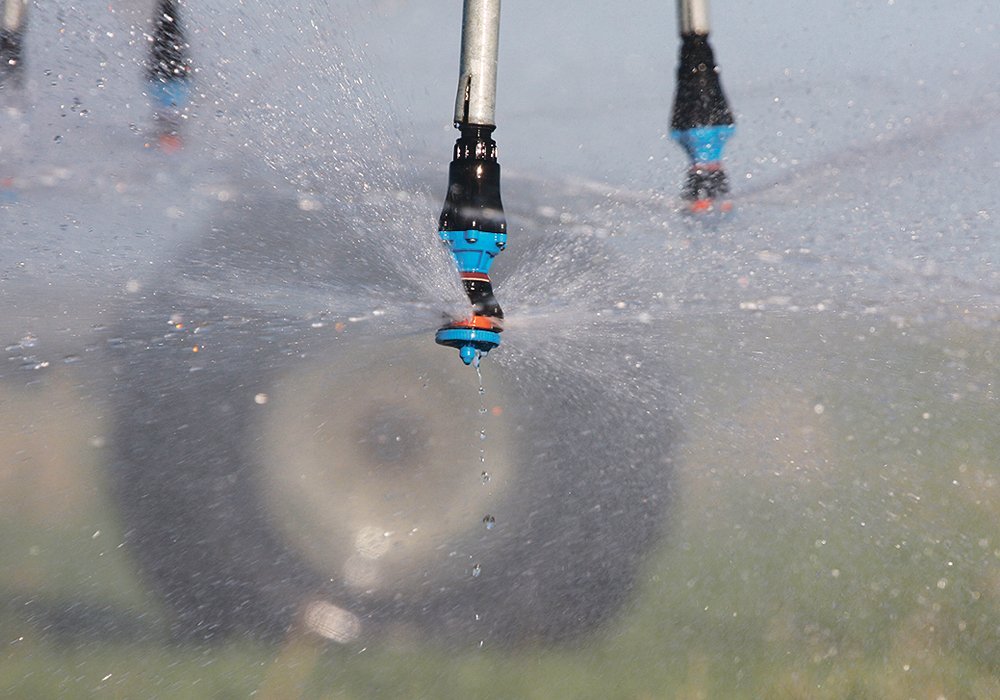The Water Security Agency has announced 11 agricultural water management demonstration projects to develop best practices for drainage.
The idea is to gain local, science-based knowledge to help develop drainage policy. This will include a draft mitigation policy to balance agricultural and environmental needs.
The WSA has been consulting on a mitigation policy since last fall.
Greg Ottenbreit, minister responsible for the WSA, said the agency will join 10 stakeholder organizations and spend $1 million on the projects.
They will be located across the province and will range in length; some will be as long as five years.
Read Also

Farming Smarter receives financial boost from Alberta government for potato research
Farming Smarter near Lethbridge got a boost to its research equipment, thanks to the Alberta government’s increase in funding for research associations.
“Communities are different, local habitats and wildlife are different, one size doesn’t fit all,” Ottenbreit said during a news conference.
The demonstration projects are part of the government’s move away from the complaint-based system that pit neighbours against each other to one that encourages co-operation and larger, organized drainage projects.
Lyle Stewart, legislative secretary to Ottenbreit, said much is assumed about drainage, but there isn’t a lot of good current information.
Some projects will examine how farmers and ranchers can irrigate with water drained from fields. Others will strategically retain wetlands to reduce downstream flooding impacts on habitat, water quality and infrastructure. And others will look at best ways to apply fertilizer to minimize nutrient runoff.
One of the projects will be at the Glacier FarmMedia Discovery Farm near Langham, Sask.
Applied research lead Blake Weiseth said construction will begin this fall on a 40-acre wetland consolidation project at the Discovery Farm.
“The goal in the construction is to optimize land productivity by reclaiming marginally productive low-lying areas, while preserving the ecological services within the landscape,” he said.
These are smaller temporary wetlands that could be consolidated into a more permanent collection area, he said. Producers across the province deal with temporary wetlands that they may be able to farm in some years but not others.
A two-year field study will look at the impact of various practices, such as variable rate fertilizer application and nutrient losses in runoff.
Researchers from the University of Saskatchewan will work at the site. Project partners include the Saskatchewan Soil Conservation Association and the Saskatchewan Stock Growers Association.
Miles Wendell, chair of the Saskatchewan Conservation and Development Association, said responsible surface water management is key.
The SCDA will provide analysis and evaluation services to help develop the draft mitigation policy.
Ottenbreit said he doesn’t expect a lot of substantial information for at least 18 months.
Other project participants include: Saskatchewan Association of Watersheds, Saskatchewan Irrigation Projects Association, Saskatchewan Wildlife Federation, Saskatchewan Research Council, Prairie Agricultural Machinery Institute and Saskatchewan Heavy Construction Association.
Contact karen.briere@producer.com


















